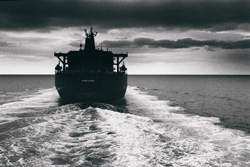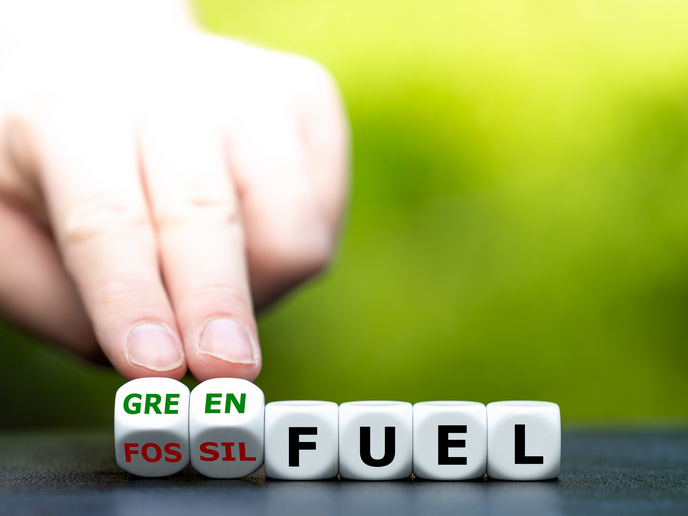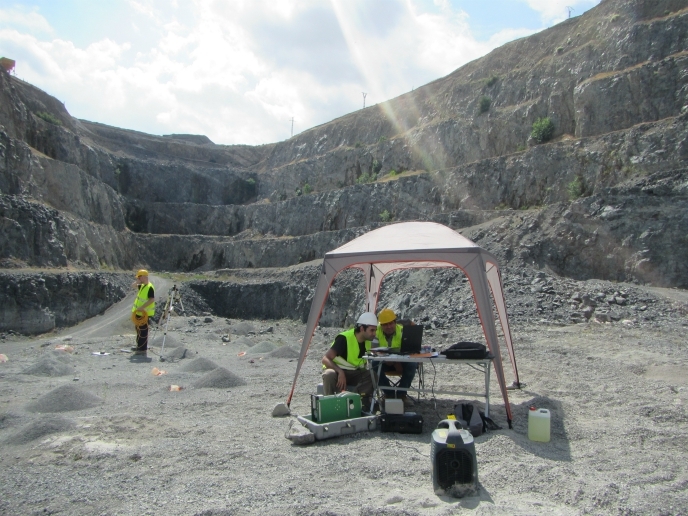Highly efficient, eco-friendly marine diesel engines
Internal combustion engines (ICEs) rely on the burning of fuel with an oxidiser (usually air) in a combustion chamber to produce large forces thus transforming chemical energy into useful mechanical energy. Detailed understanding of the complex ‘aerothermochemistry’ behind the workings of internal combustion engines facilitates the design of more powerful, fuel-efficient and eco-friendly propulsion systems. European researchers initiated the ‘Development of CFD tools for large marine diesel engine applications’ (MARINECFD) project to investigate in-cylinder mixing and combustion phenomena via state-of-the-art computational fluid dynamics (CFD) with the goal of reducing harmful pollutants while enhancing engine efficiency. Scientists developed a new model of fuel spray atomisation to account for the use of heavy fuel oil (HFO) in marine applications as well as modifications to existing evaporation models to account for multi-component fuels and to improve heat transfer predictions. In fact, heat loss due to thermal radiation in engine walls can account for up to half of all heat losses and is often poorly described by conventional models. Thus, the detailed heat transfer model applied for the first time to large marine diesel engine simulations should have important impact on future designs. Addition of water to the combustion chamber is a promising way to reduce levels of harmful nitrogen oxides (NOx). Investigators conducted computational studies of water addition techniques with injected water mass equal to an astounding 40 % of fuel mass. To date, MARINECFD scientists have provided valuable tools and methodologies for optimising combustion in marine diesel engines while reducing hazardous emissions. Continued research and exploitation of results should facilitate optimal engine design for high efficiency engines that satisfy international emissions regulations, providing a competitive edge to European engine manufacturers and the shipping industry while protecting the planet.







